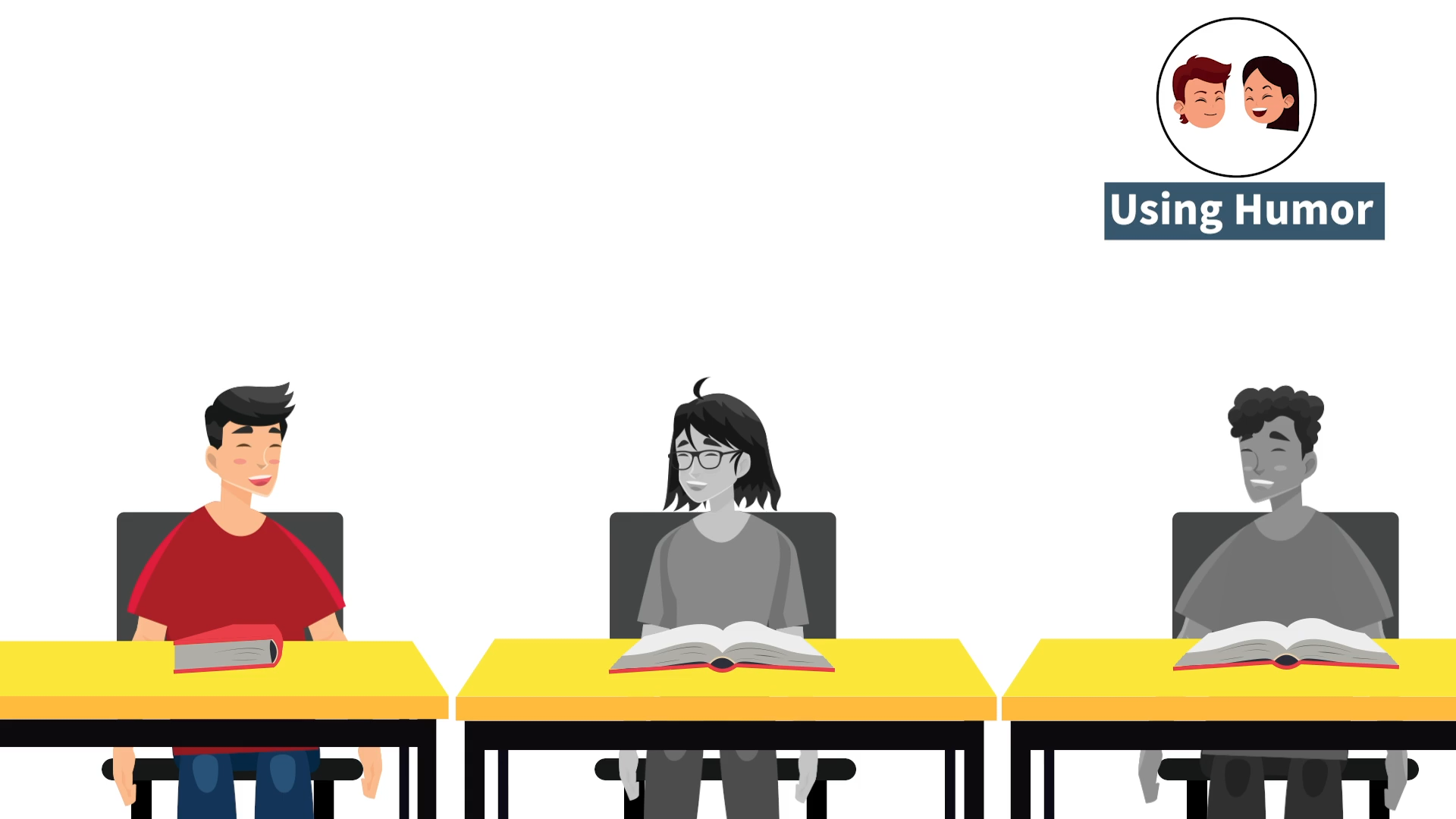Introduction
Humor plays a vital role in building and maintaining friendships and relationships. It helps us connect, lighten the mood, and bring joy to others. Students in special education can greatly benefit from learning how to use humor appropriately as part of their social-emotional learning journey. In this blog post, we will explore an easy-to-implement no-prep activity, discussion questions, and related skills to help educators teach humor as a social skill in special education settings.
No-Prep Activity: Do’s and Don’ts of Humor
This activity requires no preparation or materials. Begin by explaining the importance of humor in social interactions and how it can vary depending on the time, place, and relationship. Then, engage your students in a role-playing exercise to practice the Do’s and Don’ts of using humor in different situations.
- Divide students into pairs or small groups.
- Assign each pair or group a specific scenario (e.g., classroom, lunch table, playground).
- Have each pair or group come up with a funny situation or joke that would be appropriate for their assigned scenario.
- Next, ask each pair or group to create a situation where humor would be inappropriate for the same scenario.
- Have each pair or group present their appropriate and inappropriate humor situations to the class.
- Finally, facilitate a discussion about why certain jokes or humor are appropriate or inappropriate in different situations, emphasizing the importance of considering time, place, and relationships.
Discussion Questions
- Why is it important to consider the time and place when using humor in social situations?
- How can we “read the room” to determine if people are in the mood for humor?
- How does the Relationship Ruler help us gauge the type of humor appropriate for different people in our lives?
- Can you think of a situation where humor was used inappropriately? How did it make you feel?
- How can we practice using humor in a way that is respectful and considerate of others?
Related Skills
Learning to use humor appropriately in social situations is just one aspect of social-emotional learning. Here are some related skills that can help students further develop their social abilities:
- Empathy: Understanding and sharing others’ feelings can help students gauge when humor is appropriate or inappropriate.
- Active Listening: Paying attention to others’ words and body language can provide valuable clues about their mood and openness to humor.
- Self-Awareness: Recognizing their own feelings and emotions can help students understand how their humor may affect others.
- Communication: Effectively expressing thoughts and feelings can improve students’ ability to navigate social situations, including using humor.
Next Steps
Teaching humor as a social skill in special education can be a fun and engaging way to help students develop meaningful relationships and improve their overall social-emotional well-being. To further explore this skill and others, we invite you to sign up for free samples of our teaching materials at Everyday Speech. Our resources are designed to support educators in teaching social-emotional learning to students in special education and beyond.






